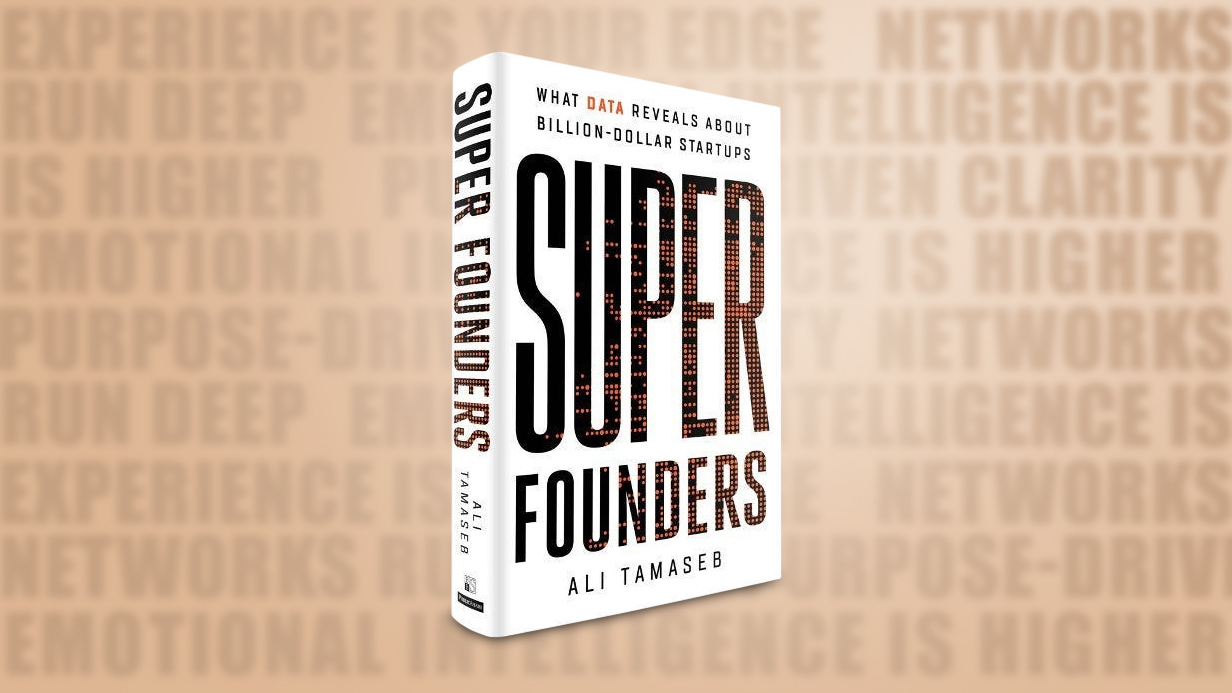Starting a company after 50 often raises eyebrows. Isn’t entrepreneurship a young person’s game? Ali Tamaseb’s book Super Founders reminds us otherwise. The reality: experience, resilience, and focus often outweigh youthful energy when building something that lasts.
But like any path worth taking, entrepreneurship later in life comes with both positives and challenges.
The Positives
- Experience is your edge. By 50, you’ve seen industries evolve, survived downturns, and sharpened instincts. That wisdom fuels smarter decision-making and helps avoid rookie mistakes. Studies show a 50-year-old founder is actually more likely to build a thriving company than a 30-year-old.
- Networks run deep. Years in the workforce mean stronger professional and personal connections. Those networks can open doors to funding, partnerships, and customers—faster than starting from scratch.
- Emotional intelligence is higher. Managing teams, crises, and careers equips you to lead with empathy and maturity. These traits attract and retain great people, one of the hardest parts of building any business.
- Purpose-driven clarity. At this stage, it’s not just about chasing money—it’s about creating impact, legacy, or pursuing a passion. That clarity often drives long-term commitment.
The Challenges
- Energy & risk tolerance. Startups demand long hours and constant pivots. While younger founders may thrive on adrenaline, older founders must balance stamina and health.
- Financial commitments. At 50+, mortgages, tuition, or retirement planning weigh heavier. Risking it all may not be an option, which can sometimes limit bold bets.
- Technology shifts. Keeping up with rapidly changing tech can feel daunting—but also an opportunity to pair wisdom with fresh, younger perspectives.
- External perception. Age bias is real. Investors often favor young, hoodie-wearing founders. Overcoming that narrative requires confidence in your story and results.
The “Super Founder” Takeaway
Tamaseb’s research shows that past success compounds future success. Founders with experience—whether in scaling, managing teams, or even failing—are far more likely to succeed in their next venture. At 50+, you bring more of that hard-earned capital to the table than ever before.
Final Sip
Starting a company after 50 isn’t about competing with 25-year-olds. It’s about building on a lifetime of lessons. The positives can outweigh the challenges when you lean into your experience, stay adaptable, and build with purpose.
The truth? You’re not late—you’re seasoned. And that may be your greatest entrepreneurial superpower.
